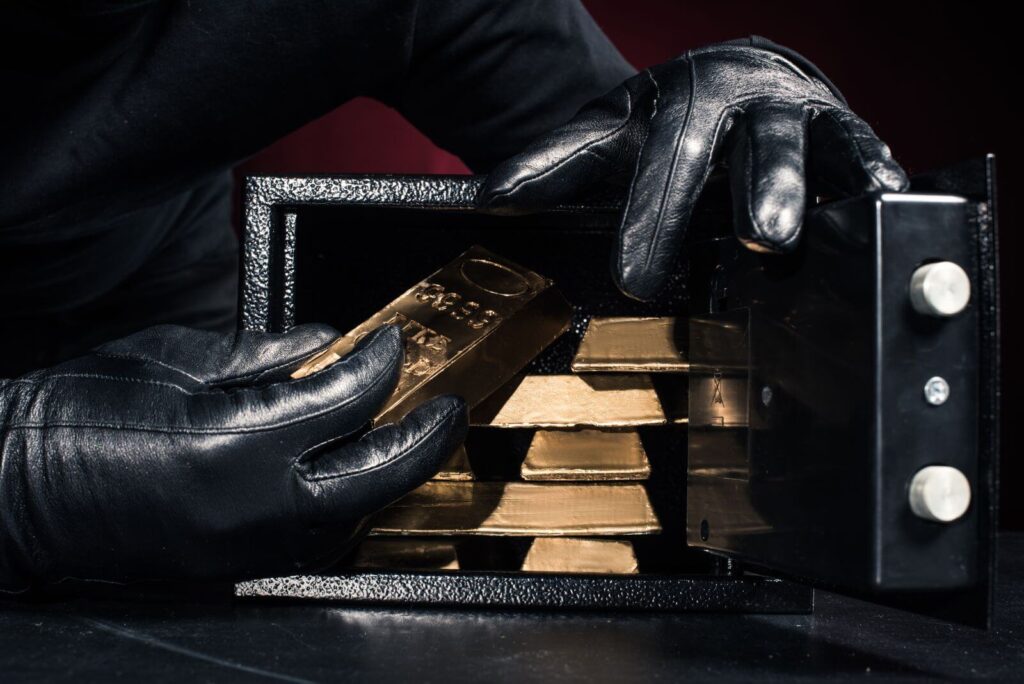Divorce Asset Protection in Riverside
The same amount of income you relied on to support your family will now have to be divided between two households.
Your assets and business income are at stake in a divorce. By putting your business, income and assets into a divorce asset protection structure, you can do much better than going into a divorce battle unprepared.
So what types of legal instruments are appropriate for an asset protection strategy in a divorce?
Here are some steps you can take to safeguard your assets from a divorce dispute. First, keep in mind that local courts can enforce virtually any domestic action. Local judges have jurisdiction over local property.
There are domestic asset protection vehicles available, including trusts, limited liability companies, and limited partnerships.
Our in-house asset protection attorneys in California can say with confidence that, in actual divorce cases, the courts have permeated all domestic structures.
Community Property Laws
California is a state with community property. This means that, in general, property acquired during the marriage by either spouse is presumed to be owned equally by both partners.
Protecting Property from Divorce in Riverside
- Gather your financial records from the previous three years.
- Make copies of your bank, retirement, and investment account statements.
- Establish an offshore trust and global LLC (call or fill out a free consultation form for details). Establish an international bank account in the LLC’s name.
- Create credit under your own name.
- If possible, obtain copies of your spouse’s account statements.
- Obtain copies of your property records.
- Record a mortgage for a home equity line of credit against property you own.
The mortgage will be payable to your asset protection trust’s international LLC. If necessary, international institutions can acquire the mortgages.
They will deposit the cash proceeds into a “inaccessible” account within your offshore trust.
You take this action because a judge may require you to provide proof of cash distribution in the future.
Do not deposit your inheritance funds in accounts that may also be in the name of your spouse.
Create a list of your personal property assets. This should be arranged prior to your spouse serving you with divorce papers.
After a process server hands you divorce papers, you still have options for protection. However, it is preferable to act beforehand.

Getting proof that the property you want to keep is your own
"...all property, real or personal, wherever it is located, acquired by a married person during the marriage while domiciled in this state..." is considered "community property" and is split between the two people in a divorce. On the other hand, separate property is made up of:
- Things that one person owned before the marriage,
- Property that was given to one person through an inheritance, will, bequest, or gift,
- Rents or money from selling that property,
- The income of a spouse and the income of any minor children who live with that spouse while the couple is living apart.
There are exceptions to these criteria and other specialized categories, but in general, if you can demonstrate that an item belongs into one of these categories, you can keep it separate and exempt from distribution in the divorce. If you can show that the money you used to buy property during your marriage came from the sale of property you owned before you got married, for example, if you sold a house you owned before you got married and used the money to buy a new house while you were married, you may be able to prove that the new property should be treated as separate.
A Riverside family law attorney can help you show that your property was bought with money from your own bank account.
Entering into a pre or prenuptial agreement
We will ensure that any agreement specifies precisely what, if anything, your spouse will be entitled to in the event that you and your partner decide to divorce. An experienced divorce attorney will draft this for you.

The first line of defense against being ruined financially in a divorce is to enter into a prenuptial agreement. This will help determine who gets what in the event you ever get a divorce.
If you are married and not separated, you and your spouse can enter into a postnuptial agreement. Like a prenuptial agreement, this agreement will help determine how property is divided if you ever get a divorce. However, this agreement is made after you are already married.
If you are already separated, you and your spouse can enter into a marital settlement agreement. This will determine how your property is divided in the divorce.
Keep track of all your valuables by photographing them and keeping them in a safe place. You may also want to have them appraised and insured by your homeowner’s or renter’s insurance.
If you were given money or valuable gifts, make sure that you keep documents of where the items came from. If you inherited money or were gifted money, be sure to keep those bank accounts in your name only. Do not add your spouse to any accounts holding inherited money or gifted money.
If you owned a home before you married your spouse. Never add your spouse to the title of your home.
If you and your spouse are separating and you choose to be the one to move out of the home, take every personal item you wish to keep. Assume that any personal property left in the home will be lost to you forever.
If you and your spouse have a savings account, consult with an attorney. If advised by your attorney, take half the savings before you separate and leave the rest for your spouse.
If you and your spouse have accumulated a pension plan or a retirement plan together, make sure your attorney freezes those accounts.
If you and your spouse have credit cards together, make sure you cancel them or take your name off the card so your credit is not negatively affected by your spouse’s spending habits.
If you and your spouse own vehicles that are paid off, make sure the pink slips to the vehicles are kept in a safe place.
You’ll need to have copies of all important documents before you leave your residence. This includes tax returns, paycheck stubs, W-2 statements, profit and loss statements, retirement information, loan information, and business records for any business you and/or your spouse owns.
Make sure you divulge all your assets in the divorce. If you are not honest, you risk losing the asset entirely.
You have the right to obtain financial information from your spouse. Make sure your attorney helps you gain access to your spouse’s financial records before entering into any divorce agreement.
As experienced Riverside asset protection lawyers, Family Law Matters can help you exit your marriage with your financial future intact.
Under Section 2550 of the California Family Code, a married couple must follow the rules about “community property.”
The first step of protecting your assets is to differentiate marital and non-marital property as defined by the Marital Property Act. Call today for a free initial consultation.
Practice Areas
- RIVERSIDE
- PRACTICE AREAS
- DIVORCE
- Annulment Lawyer in Riverside, CA
- Celebrity Divorce Riverside
- Divorce Asset Protection Lawyer Riverside
- Divorce in One Day
- Riverside Property Division Lawyers
- Domestic Violence Lawyer Riverside
- Divorce in Riverside
- Legal Separation in Riverside
- Riverside Military Divorce
- Spousal Support Lawyer Riverside
- Uncontested Divorce Lawyer Riverside
- CHILD LAW
- DIVORCE
- ABOUT US
- LOCATIONS
- RESOURCES
- CONTACT

